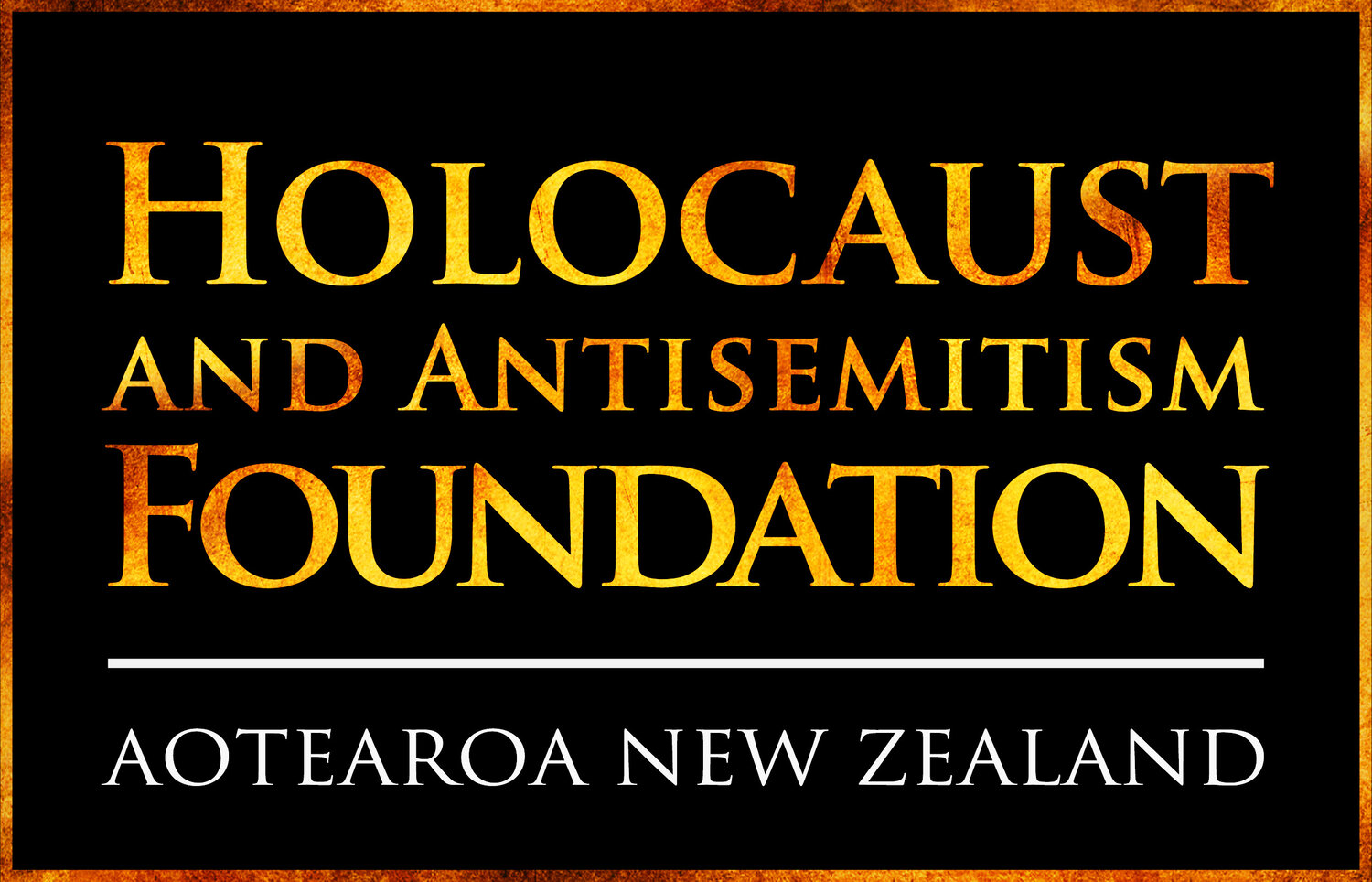Guest Post: The Train
It was winter as I made my way by train from Berlin, across the Polish landscape toward Krakow. I was going to Auschwitz.
The train slowed as it entered Poland as there was dispute as to who was going to make good the length of rail in this strip of the journey. The carriage was warm and I was accompanied by a young German woman who was going to work at a German speaking newspaper in Poland. It was a reasonably pleasant trip, polite conversation about her job and the town, which had a large pre-war German History. The journalist disembarked at her stop and I journeyed on.
Once I arrived in Krakow I found the backpackers I was booked in and settled in before heading out to a hearty meal of potato dumplings served in a vegetable soup. Two days after I was on a little bus heading toward Auschwitz I. I could feel my stomach trembling. I was alone and anonymous. As the bus pulled up to the entrance I could feel the weight of winter, the cold was chewing into my bones and the foreboding entrance stood above us. I paid my fee, this act alone causing the bile to leap in my gullet, feeling like a tourist in a museum.
I began my tour through the clean brick buildings and grounds all kept spick and span for the modern visitor to admire. The saddening and deeply sickening aspect of Auschwitz I was the rooms filled with glasses, with suitcases. Rooms dedicated to some thing, hair brushes, shoes, shaving brushes. Glass windows staring into these rooms. These were possessions that belonged to someone, to thousands of someone, to millions.
After some time walking around the wooden floors resounding with footsteps of viewing customers I made my way to the transport which would take me to Auschwitz 2, Birkenau. I had to stop for a moment and let those images become part of me, to let them insinuate my cells so I would not forget them and not cease to understand this aspect of humanity. I lit a cigarette and watched the smoke drift across the winter air, disbanding into nothing like souls turning to vapour.
By the time the transporter had stopped outside the gates of Birkenau I was beginning to slow down, like I was in a dream, staring out at a vast landscape. And there were the train tracks, the rails upon which so many rattling wagons deposited people, like stock, into the clutches of death. As I walked through the gates my breath was taken away, there was a silence of order, a majesty of precision that one could not avoid, the brilliance of human endeavour to construct something so exquisitely perfect in its function. And then the disturbing force of horror and tragedy as to what that purpose was, an attempt at utter destruction, a genocide so well conceived. These two qualities of humanity colliding in me to leave me frozen on those tracks. As I looked up at the crows flying about the walls, I thought to myself, “your ancestors ate my ancestors, those fields beyond the walls grew food upon the ashes of the dead taken from the crematoriums of this dreaded place”.
They say it takes seven generations for healing to mend, for cells to change, for people to forget. I am not sure if the Jewish civilisation can heal from this atrocity yet, can let it pass into history in order to build a more whole and undefended persona. No matter what intent, such an event will stay buried in the collective psyche for years.
The Shoah caused many Jews to flee their community, to change names, identities, to find places far reaching to hide away from prying eyes, to become non-Jews, to quietly get on with their lives so they can survive. Others travelled far away, where people would accept them, to build Jewish communities, safely in suburbs that resembled the shteltls of Europe, not in construction, rather in closeness of population. There, synagogues emerged, kosher butchers, schools and bakeries, delicatessens developed in a proud yet cautious showing of survival. The diaspora spread.
Others were determined to build a Jewish state, to create a land that Jews can call home, a place where one did not have to run or hide, to make good what is Jewish in the world. A place where a people can be a people. Where stereotypes don’t exist, and the full dimension of Jewish life can flourish. Has the Jewish nation achieved this, has Israel become a place of nourishment for it’s people? Perhaps the Shoah split the Jewish civilisation up into so many fragments that it will take years for it to find a central place once more and the land of Israel will not achieve it alone. Perhaps we need to take hold of our spiritual practice, to find ways to grow amongst ourselves and to participate in the world, undefended and proud in new ways.
In Berlin there is a platform with brass plaques along the edge, recording every group of people that was being sent toward a camp. Let us hope and pray that we can find new destinations, new ways of travel in order to restore the Jewish people.
Phillip Gordon
Phillip grew up in Wellington New Zealand. He has had a career in film, television and theatre. It was not until later in life that Phillip embraced his Jewish heritage and began to explore the religion, culture and identity of being a Jew. Trying to understand the spiritual and political implications, not only in his country of birth, but also in a global environment. After many years of travel he now lives on 10 acres north of Auckland, where he is developing a permaculture property. He is an active member of the Beth Shalom progressive Jewish community in Auckland.

